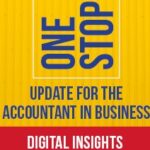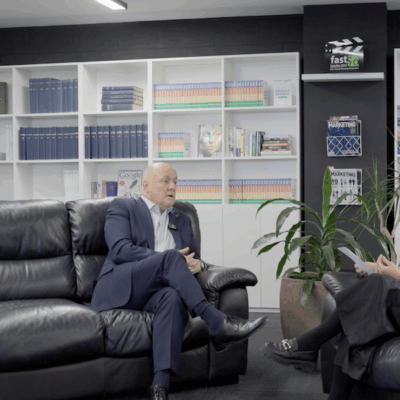Fintech company Hnry has reported a huge increase in the number of Kiwis starting to earn independently during the Covid-19 crisis.
The company, which deals with financial administration for self-employed, contract and freelance workers, has had an influx in customers equating to a massive 260 percent increase in sign-ups to their services compared to the same three months last year.
CEO James Fuller (pictured) says the increase has been noticeably driven by people looking to start earning independently, as many have been let go from permanent jobs and are seeking alternatives. Independent contracting and freelancing provides that opportunity without having to be reliant on a single employer for income, Fuller says. The increase has also been caused by permanent and salaried workers looking for ways of making up for shortfalls in earnings due to COVID-19, as well as those who were already self-employed.
“Our customer growth has been skyrocketing over the past few months, as more and more people look to independent earning whilst still staying compliant,” Fuller says.
“Independent earners, now more than ever, make up a large part of the New Zealand economy, with around 15 to 20 percent of Kiwis already earning some or all of their income outside of a permanent job. The sharp rise in these numbers clearly shows the impact COVID-19 has had on people who would have previously only worked in permanent or salaried jobs”.
Fuller said Hnry had also been inundated with queries about the government’s COVID-19 wage subsidy, with a lot of confusion among freelancers and contractors about how to apply.
“A lot of the rest of the financial services industry is focused on small businesses and larger organisations, and doesn’t cater for the needs of the self-employed at all,” Fuller says.
“This has meant that there are a lot of websites out there that are publishing inaccurate information for the self-employed, using the guidelines for small businesses rather than for individuals. As a specialist in self-employed tax, Hnry has been helping independent earners understand the application requirements and tax implications with content that is easy to digest, and is specific to their situation”.
Fuller said that while some individuals are turning to independent earning, there are still industries impacted by the nationwide lockdown with some people unable to work at all. He said around 30 percent of people who were earning before COVID-19 were currently unable to earn, with the wage subsidy their only access to income. Hnry’s advice for those struggling to get work at the moment is to be proactive, open-minded and positive.
“Looking for opportunities to use skills in different ways to keep earning is important, as is taking the time to invest in your networks, and seek out those opportunities,” he says.
“Remaining open to new ideas for work, perhaps outside your comfort zone, will also help. That percentage of independent earners currently experiencing difficulty earning could try repackaging their services differently, selling to new markets, online or at different prices. If you do find yourself with time on your hands with no work, this could be an opportunity to learn new skills, to improve your earning possibilities once the lockdown has been lifted”.






